Trump asked top aides about options to strike Iran
The discussion of military action against an Iranian nuclear site ended after the President’s team advised against it last week, officials say
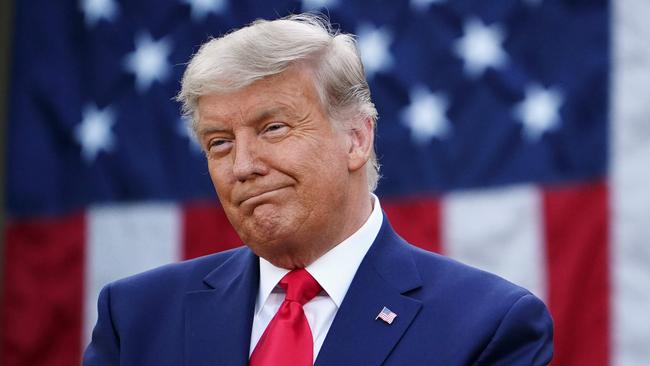
Donald Trump asked his advisers during an Oval Office meeting last Thursday about potential military options for striking an Iranian nuclear site after a UN agency disclosed that Tehran had expanded its supply of low enriched uranium, officials familiar with the meeting said.
The US President was dissuaded from pursuing those options by several senior advisers, who argued that a military action could lead to a broader conflict in the region just as Mr Trump is trying to end wars in Afghanistan and Iraq, the officials said.
“A conflict with Iran ends badly for everyone involved,” one US official familiar with the meeting said this week.
The discussion followed a report by the International Atomic Energy Agency that showed that the country’s stockpile of low-enriched uranium had grown to 12 times what was permitted by the 2015 nuclear agreement.
The episode, first reported by The New York Times, raised concerns among some US officials that Mr Trump, who hasn’t conceded the election to president-elect Joe Biden, may try to make an imprint on his way out of office, particularly on foreign policy issues over which he sharply disagrees with Mr Biden.
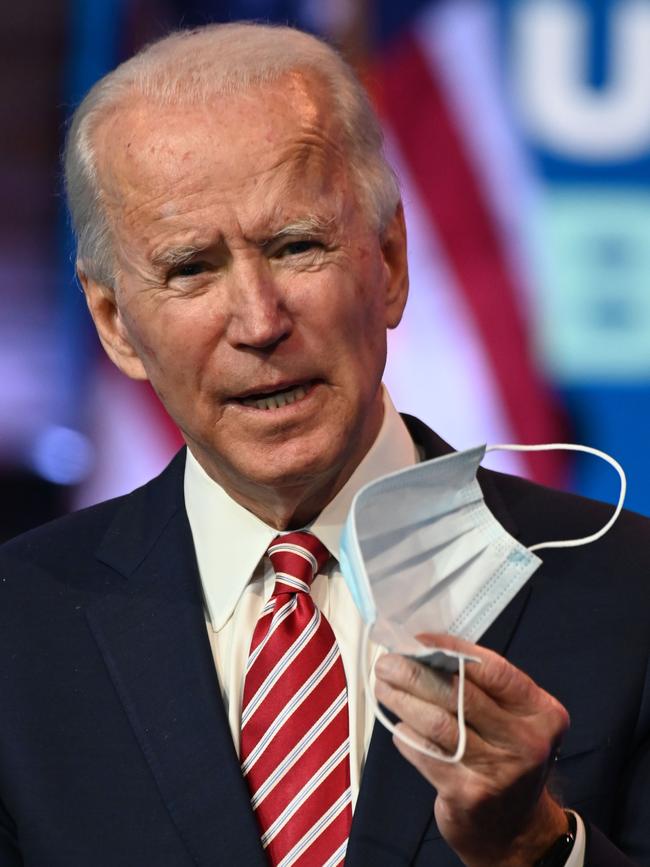
Attendees at the White House meeting included Chairman of the Joint Chiefs of Staff Army General Mark Milley and acting Defence Secretary Christopher Miller as well as Vice-President Mike Pence, according to officials familiar with the matter.
They argued that a military operation against Iran would come with serious military consequences, including political ones that could follow Mr Trump out of office, the officials said.
Military action against Iran has been considered at the riskier end of foreign policy options Mr Trump was thought to be considering as he confronts leaving office in January.
Mr Trump’s questions to aides about Iran came days after an overhaul at the top at the Pentagon. Mr Trump last week fired defence secretary Mark Esper, naming Mr Miller as acting secretary of defence and installing several allies at the Pentagon to serve under Mr Miller.
There was no evidence that an attack on the Iranian nuclear site was imminent, but military planners were told afterward about the query, officials familiar with the matter said.
Mr Trump withdrew from the Iran nuclear accord in 2018 and began a sanctions campaign that was intended to pressure Tehran to abandon its nuclear enrichment program and cease its support for militant groups in the region.
Iran has responded to Mr Trump’s actions by expanding its stockpile of low-enriched uranium. It has continued to allow international inspections, but Iran’s moves have reduced the amount of time it would need to produce enough fissile material for a nuclear weapon.
According to the IAEA report, Iran’s stockpile of low enriched uranium had reached 2443kg. Under the agreement, Iran could only have 203kg.
“They have increased their stockpile of low enriched uranium that could eventually be converted to weapons grade, but they still don’t have any way to do it without detection by international inspectors,” said Gary Samore, director of the Crown Center for Middle East Studies at Brandeis University.
Iran’s actions could be a way of increasing its leverage for potential talks with the incoming Biden administration, Mr Samore said. But if future negotiations are frustrated, Tehran could try to advance its ability to produce nuclear weapons, he added.
Mr Biden had said that he is prepared to rejoin the 2015 nuclear deal on the condition that Iran comes into compliance with the agreement. Rejoining the accord, Mr. Biden has also said, would be a step that a follow-on arrangement he plans to try to negotiate that would impose more stringent constraints on Tehran’s nuclear activities.
The Wall Street Journal
More Coverage
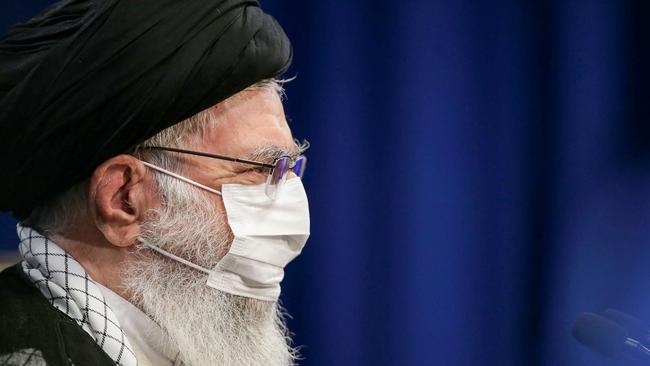

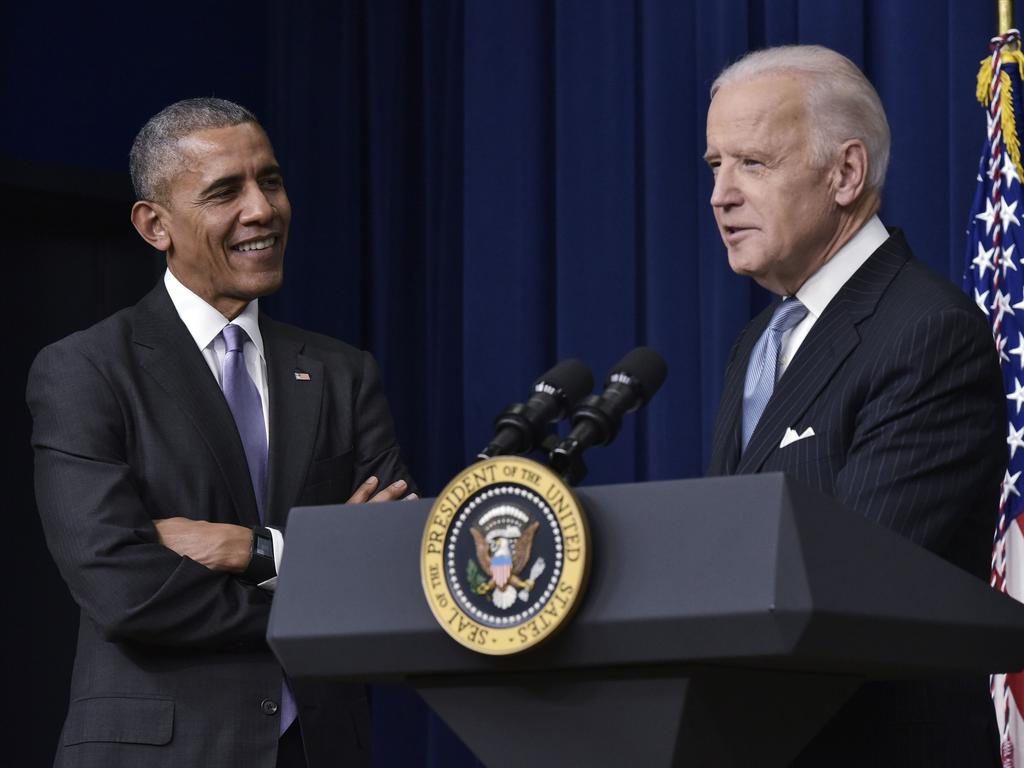
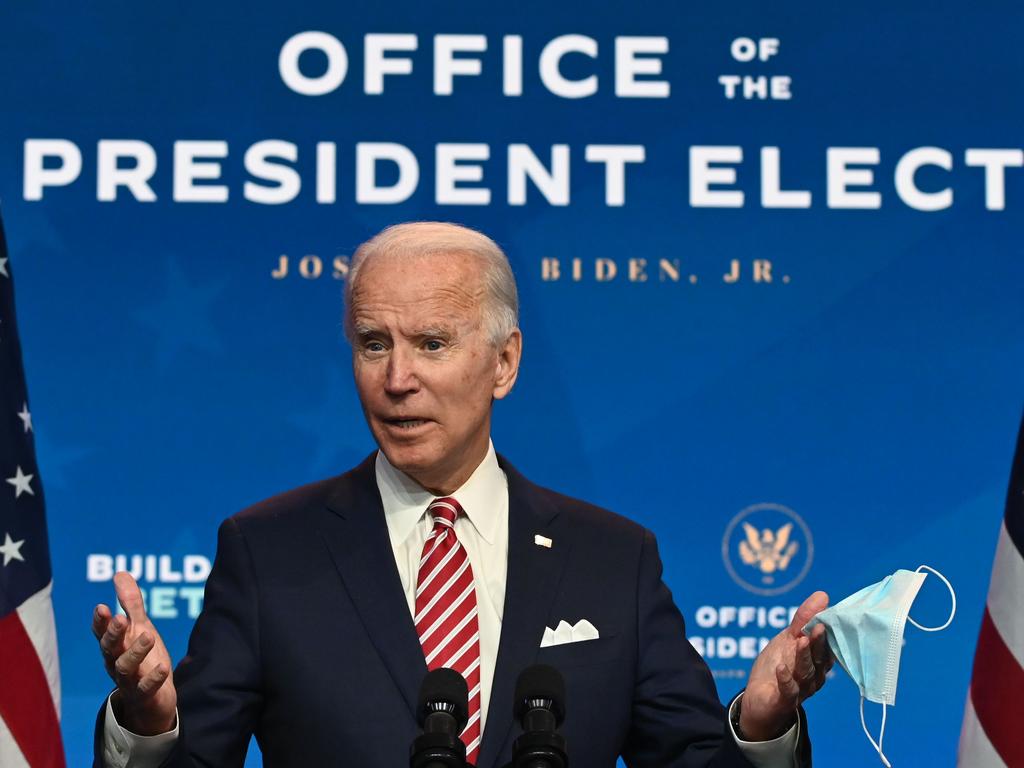
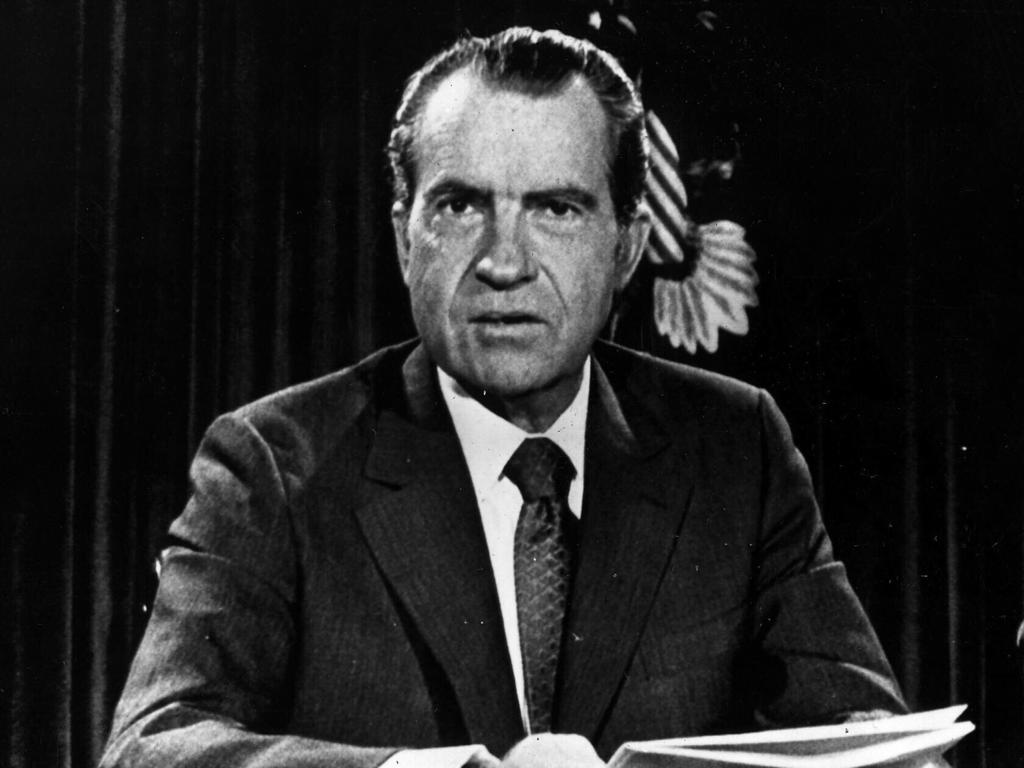
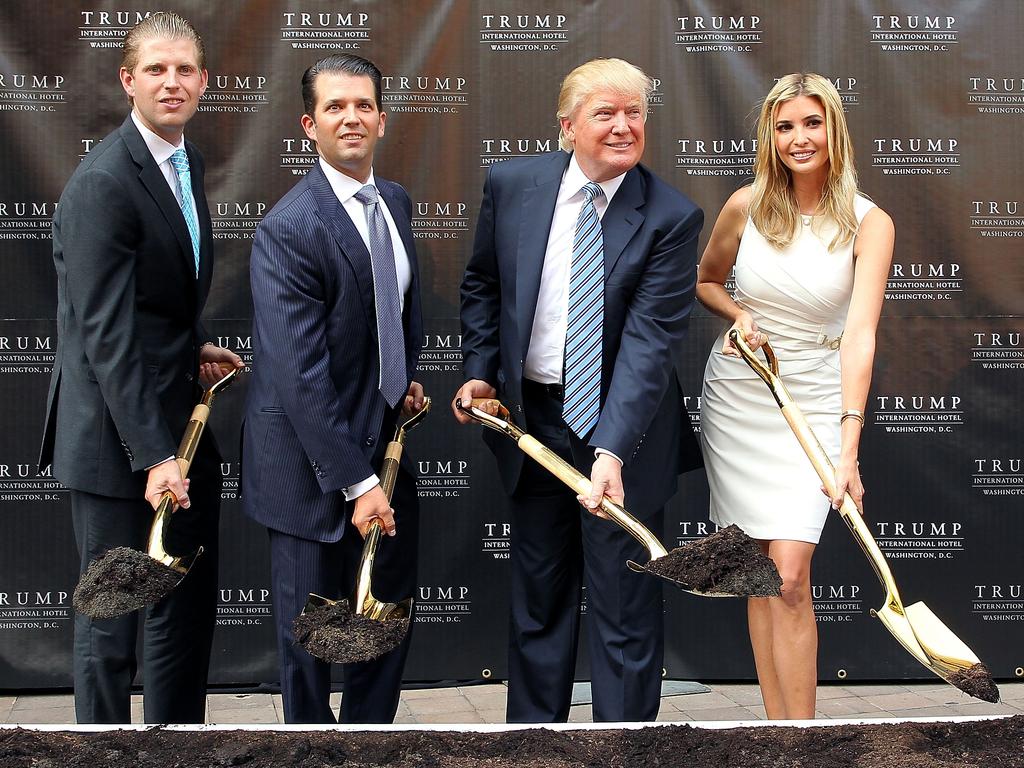


To join the conversation, please log in. Don't have an account? Register
Join the conversation, you are commenting as Logout